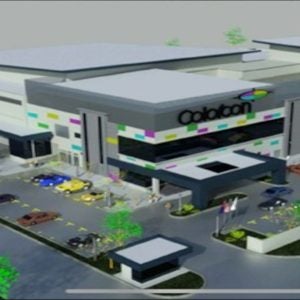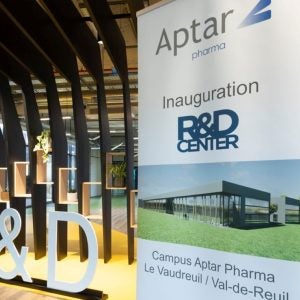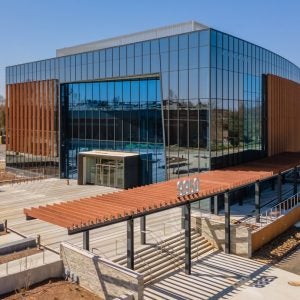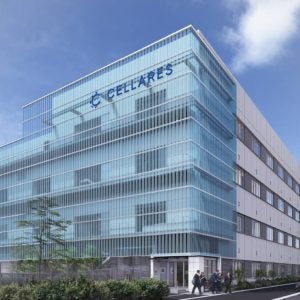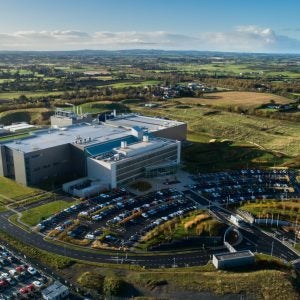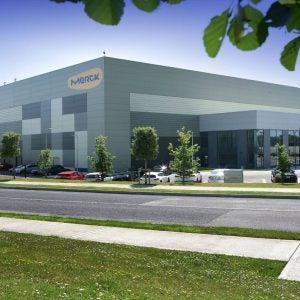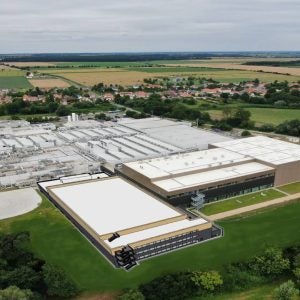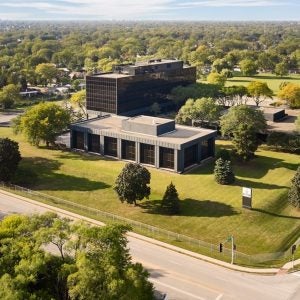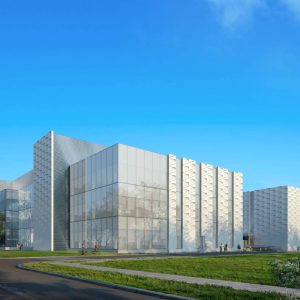SHL Experiences Growth in Medical Device Business
Taiwan-based injection moulder SHL Group has invested $140m in growing its business since 2008.
That includes 75 new molding machines in the last three years, giving the company 175 Krauss Maffei, Engel and Netstal presses. In that time, its workforce has grown from 1,400 employees to more than 2,500.
Taiwan may be better known in industry circles as a hub for the precision manufacturing needed for computers and smartphones, but SHL has tapped that same skill set to become what it says is the world’s largest privately owned maker of advanced drug delivery devices.
In particular, the company has grown making injectors and other devices to administer biologics, a class of medicines made biologically, rather than chemically synthesized like traditional drugs.
SHL executives sat down with Plastics News for a recent interview at their headquarters factory in Taoyuan, near Taipei, to talk about how they believe a focus on engineering has helped them be nimble and meet the pharmaceutical industry’s quality demands for the new medicines.
"From the founder all the way down, it’s all engineers," said General Manager Frank Isaksson. "We have that history. If you go back in time to when we were just a few guys, we’ve done all that from assembly to tool validation to tool making… That gives an edge."
Beyond competing in the general market for drug injection devices, SHL said it’s currently the world’s largest maker of auto-injectors to administer drugs for chronic diseases.
Auto-injectors, which inject and retract needles automatically with the push of a button rather than having a patient physically push the needle down as with pen-style injectors, are gaining in popularity with patients who may not have much skill administering their own medication because they need only infrequent injections, said Steven Kaufmann, the company’s marketing manager.
As well, the biologic drugs targeted can be expensive, more than $10,000 for a year’s supply.
"One of the big things that is driving this industry is we are developing these expensive biologics where we cannot make a mistake when we’re taking these types of drugs," he said. "The key [for SHL] is how do we develop these types of ABS-based, mechanical design-based auto injectors that are going to be intuitive for these patient groups."
To help with that, the company has design centers in the US, Sweden and Taiwan. It won an award from Germany’s reddot design competition in 2009 for one its injectors.
While it’s definitely established in auto-injectors now, SHL said it took a big gamble when it entered the market in the mid-1990s.
This article was originally featured on Plastic News.

